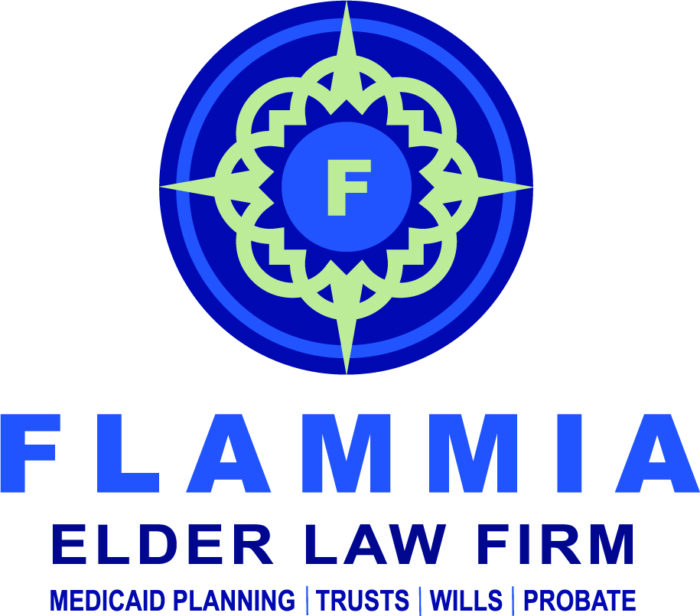
Appointing an agent through a Florida power of attorney can be an invaluable estate planning step that can help protect hard-earned assets should an individual become incapacitated. If a person has never acted in the capacity of an agent, however, maneuvering the responsibilities of caring for another person’s assets and financial well-being can be challenging.
If you were appointed as an agent in Florida and have questions regarding the process, we invite you to call our office to schedule a consultation. We also encourage you to read through the following article to learn about the seven things the Florida Bar recommends knowing when acting as an agent in Florida.
1. What is an Agent?
Under Florida law, an individual (known as an ‘agent’) can be granted legal authority to act for another person through a document called a power of attorney. A “principal” is the individual who grants authority to the agent (also referred to as an ‘attorney-in-fact’). An agent may be designated broad or limited authority to make critical decisions regarding finances, property, taxes, medical care, and/or investments.
2. How Should I Sign a Document on Behalf Of Another Person If I Am A Florida Agent?
When acting as an agent in Florida, it is critical always to sign in a representative capacity. This means that an appointed agent should sign in the following format:
- the name of the person being represented,
- the agent’s name, and
- the word “Agent” or “POA.”
For example, if a principal’s name is Michael Johnson and his agent is Molly Ringer, then documents should be signed: “Michael Johnson, by Molly Ringer, Agent” or “Michael Johnson, by Molly Ringer, POA.”
3. When Does the Authority Granted by a Durable Power of Attorney End?
It is critical to understand when your authority as a Florida agent ends. Often, a power of attorney is effective even if the principal becomes incapacitated, but even a Durable Power of Attorney ends at death. Thus, it is critical for an individual to refrain from taking representative action after the passing of the principal.
4. Should I Sign Admission Documents on an iPad or Tablet?
No. Increasingly, facility admission documents and pertinent details, such as monthly service rates, are being presented to family members on iPads or tablets, making it more difficult to review the terms in privacy and/or in depth. If you are signing on behalf of a loved one or another individual, we recommend asking for a printed contract so the documents can be carefully reviewed before execution.
5. What Will I Need to Sell Real Estate or Real Property While Acting as Someone’s Agent?
If the sale of real property is needed, the original durable power of attorney will likely be required to complete the transaction. Typically, the POA is recorded with the deed, evincing an agent has the authority to carry out such transactions on behalf of the property owner.
6. Does A Durable Power of Attorney Need to Be Witnessed in Florida?
Under Florida Law, a durable power of attorney must be witnessed by two separate individuals and notarized to be valid. Thus, it is critical to ensure these formalities have been followed to enable a valid appointment of authority.
7. Do I Have Unlimited Power to Make Decisions for Another Person If I Am Appointed as Their Agent?
No. It is critical to understand the terms of a Power of Attorney, as they can provide broad or limited authority, depending on the objectives of the principal. In certain instances, such as when gifting property or changing beneficiaries, it may be necessary to initial or sign to gain such authority (often referred to as “Super Power”).
If you have questions regarding your duties as an agent, we encourage you to contact Flammia Elder Law to schedule a consultation to learn about your legal rights and obligations. With decades of estate planning experience, our dedicated Florida power of attorney lawyers can help navigate through every step of the process.
 Article provided by Kathleen Flammia, Attorney at Law, one of Florida’s TOP Elder Law & Estate Planning Attorneys. Attorney Flammia is a Member of the National ElderCare Matters Alliance, and she and her firm are Featured in ElderCareMatters.com – America’s National Directory of Elder Care / Senior Care Resources to help families plan for and deal with the issues of Aging.
Article provided by Kathleen Flammia, Attorney at Law, one of Florida’s TOP Elder Law & Estate Planning Attorneys. Attorney Flammia is a Member of the National ElderCare Matters Alliance, and she and her firm are Featured in ElderCareMatters.com – America’s National Directory of Elder Care / Senior Care Resources to help families plan for and deal with the issues of Aging.
If you have additional questions about your family’s Elder Care / Senior Care Matters, you can count on ElderCareMatters.com (America’s National Directory of Elder Care / Senior Care Resources) to help you find America’s Top Elder Care / Senior Care Professionals. You can find Local Elder Care / Senior Care Experts by Searching our National Database by City and Service Category. (This Search feature is located on the homepage of ElderCareMatters.com).
The Elder Care / Senior Care Experts that are found on ElderCareMatters.com can provide you with the help you need in a total of 82 different Elder Care / Senior Care Services, including Elder Law, Estate Planning, Home Care, Medicaid Planning, Assisted Living, Care Management, Daily Money Management, Senior Living, Investment Advisory Services, Tax & Accounting Services, Wills & Trusts, Probate plus many other Elder Care Services.
We look forward to helping you plan for and deal with your family’s Issues of Aging.


